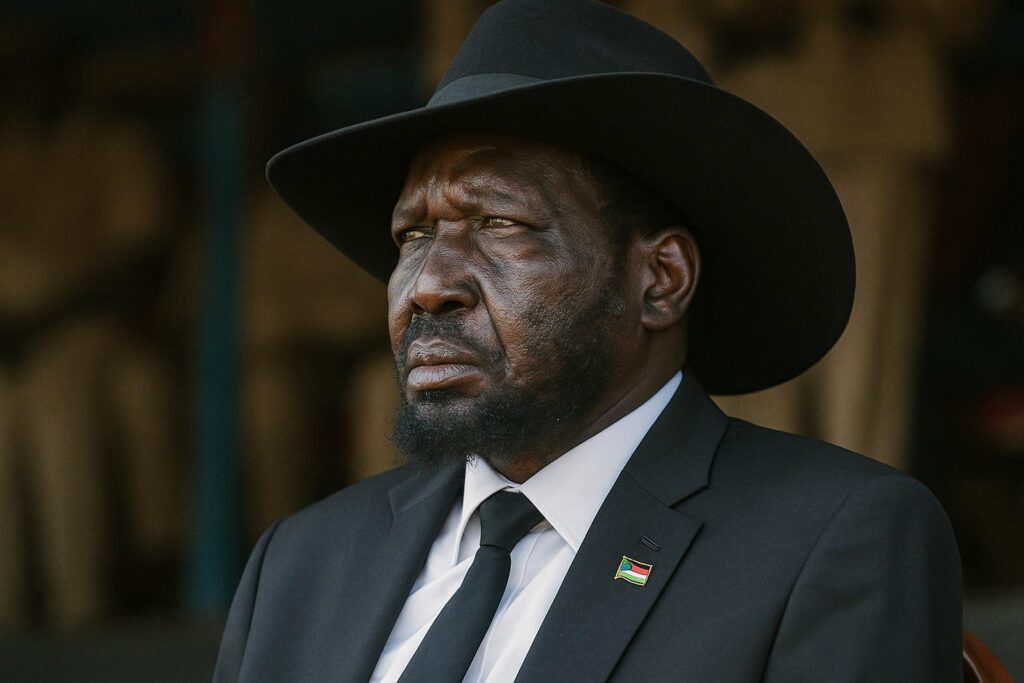Behind the Evening Decrees
Nightly, households across Juba watch scrolling television captions announcing appointments or dismissals.
Observers note President Salva Kiir often explains changes with the phrase “I am still looking for the right person,” an approach that has turned governance into spectacle rather than strategy.
Institutional Vacuum and Dependency
Ministers rarely receive written mandates; instead, they rely on verbal instructions from the presidency, leaving ministries directionless and wholly dependent on personal favour.
Analysts argue that such uncertainty entrenches loyalty politics, undermines continuity and weakens the bureaucracy that should deliver essential services.
The Human Cost of Policy Drift
A 2025 UN independent panel described South Sudan’s corruption as “a human rights crisis,” estimating that billions vanished through stalled infrastructure projects while clinics lacked basic drugs.
Government data show the Ministry of Health received barely a fifth of its allocation, even as the Ministry of Presidential Affairs overspent nearly six-fold, a mismatch visible in preventable child deaths and malnutrition statistics.
Regional Benchmarks Offer Perspective
Neighbouring systems illustrate alternative models. In Kenya, cabinet secretaries are vetted publicly; Ghanaian ministers debate performance in parliament; South African reshuffles face legislative scrutiny; Tanzanian portfolios come with measurable targets.
Experts caution that contexts differ, yet insist that transparent appointment processes, oversight bodies and clear performance indicators are transferable principles.
Pathways toward Durable Reform
Governance scholars recommend codified mandates, parliamentary vetting, independent oversight commissions and credible performance reviews to build resilience beyond personalities.
The African Union and United Nations have urged such reforms, but momentum ultimately depends on domestic demand for accountable institutions rather than the search for a single “right person.”
Until structural changes take root, citizens may keep waiting for evening announcements while opportunities for development slip by.


